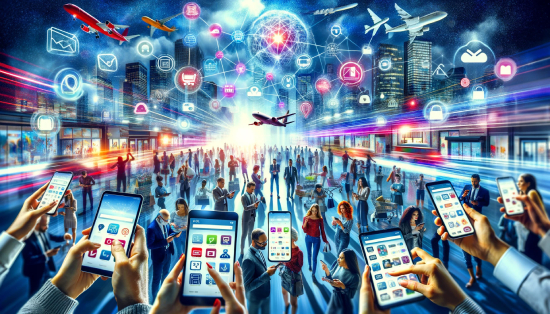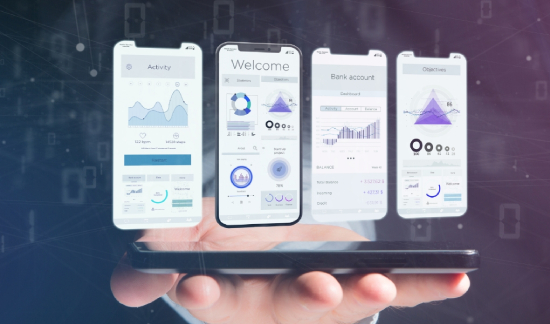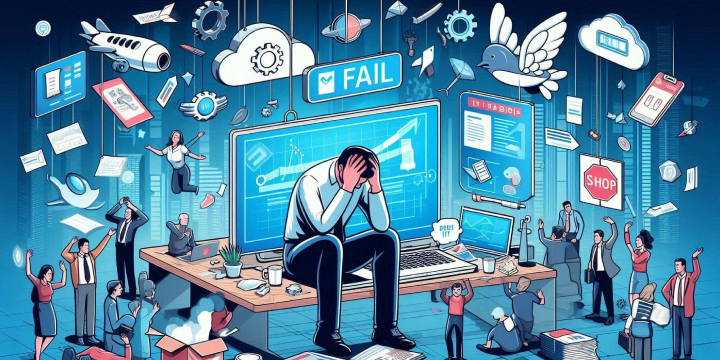Introduction
In the past decade, mobile app has transformed the way we live, work, and interact with technology. From enhancing productivity to redefining entertainment, mobile apps have become an integral part of our daily lives. They have revolutionized various industries by offering innovative solutions, creating new business models, and changing consumer behavior.
Unparalleled Accessibility and Convenience
Mobile apps have made technology more accessible and convenient than ever before. With a smartphone in nearly every pocket, apps provide users with instant access to services and information. Whether it’s booking a cab, ordering food, or managing finances, mobile apps have simplified tasks that once required significant effort or multiple steps.

Boosting Business Growth and Innovation
Mobile apps boost business growth by enhancing customer engagement, streamlining operations, and providing new revenue streams. They offer personalized experiences, improve accessibility, and facilitate direct communication with customers
Enhancing Communication and Connectivity
mobile app development enhance communication and connectivity by providing instant messaging, voice, and video calling capabilities, making it easier to stay connected across distances. They facilitate seamless collaboration through platforms like Slack and Zoom and enable social networking, allowing users to interact in real-time.

Personalized User Experiences
Mobile apps excel in delivering personalized experiences tailored to individual user preferences. By leveraging data analytics and artificial intelligence, apps can understand user behavior and offer customized content and recommendations.
Driving Technological Advancements
Mobile apps are at the forefront of technological advancements, driving innovations in areas like augmented reality (AR), virtual reality (VR), and the Internet of Things (IoT). These technologies are transforming industries and creating new possibilities for user interaction.

Enabling New Business Models
The rise of mobile apps has enabled the development of new business models that offer flexibility and convenience. The gig economy, subscription services, and on-demand platforms have all been made possible through mobile apps.
Conclusion
Mobile apps have undeniably transformed the digital landscape by making technology more accessible, personalized, and integrated into daily life. Their impact spans across industries, from enhancing customer experiences and communication to driving business growth and technological innovation. By fostering connectivity, enabling new opportunities, and delivering unprecedented convenience, mobile apps are indeed at the heart of the digital revolution. Your Vision, Our Code – reach out for expert Mobile App Development with Minterminds company today.




